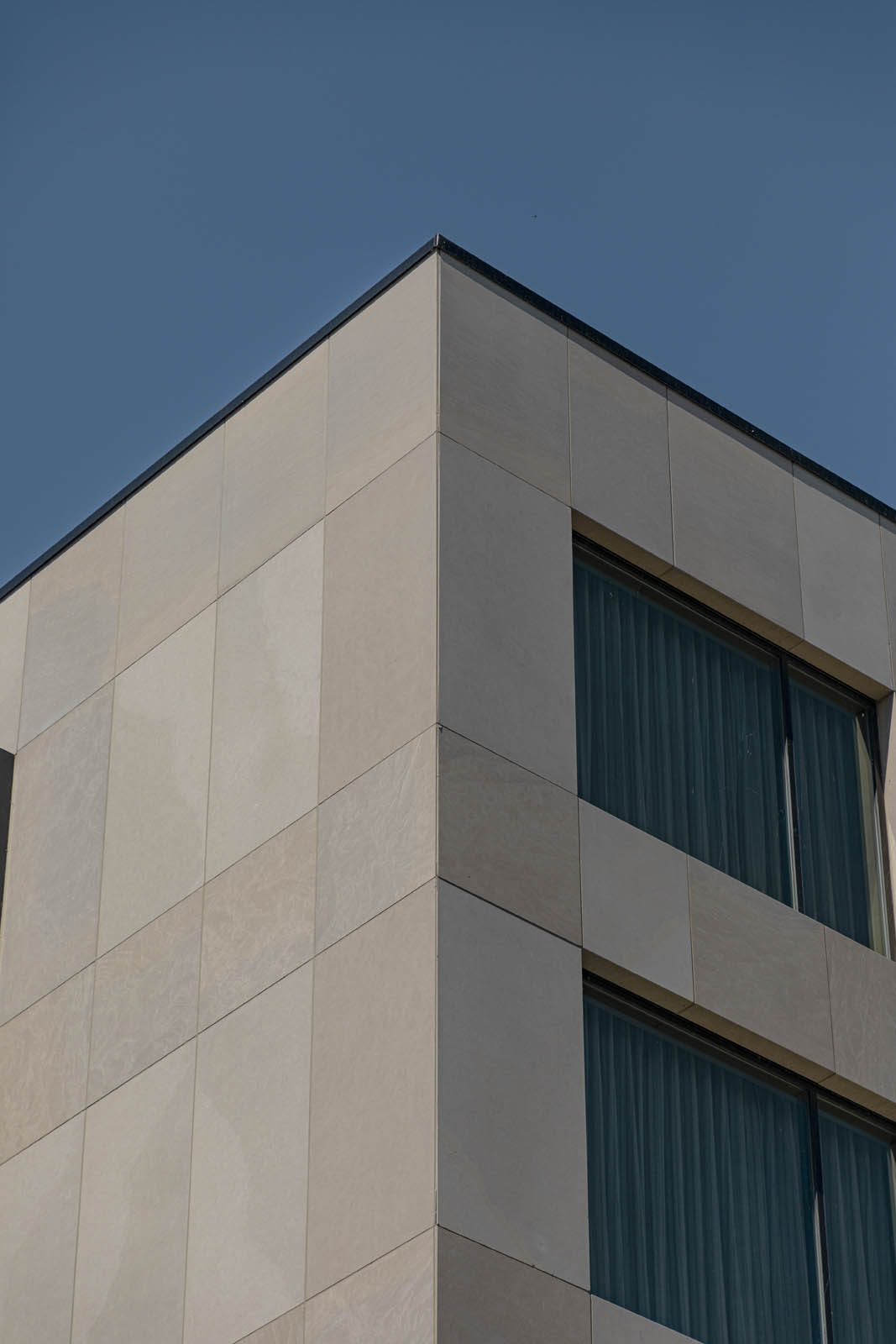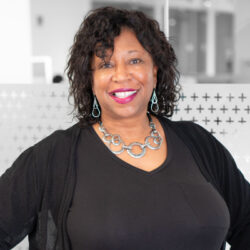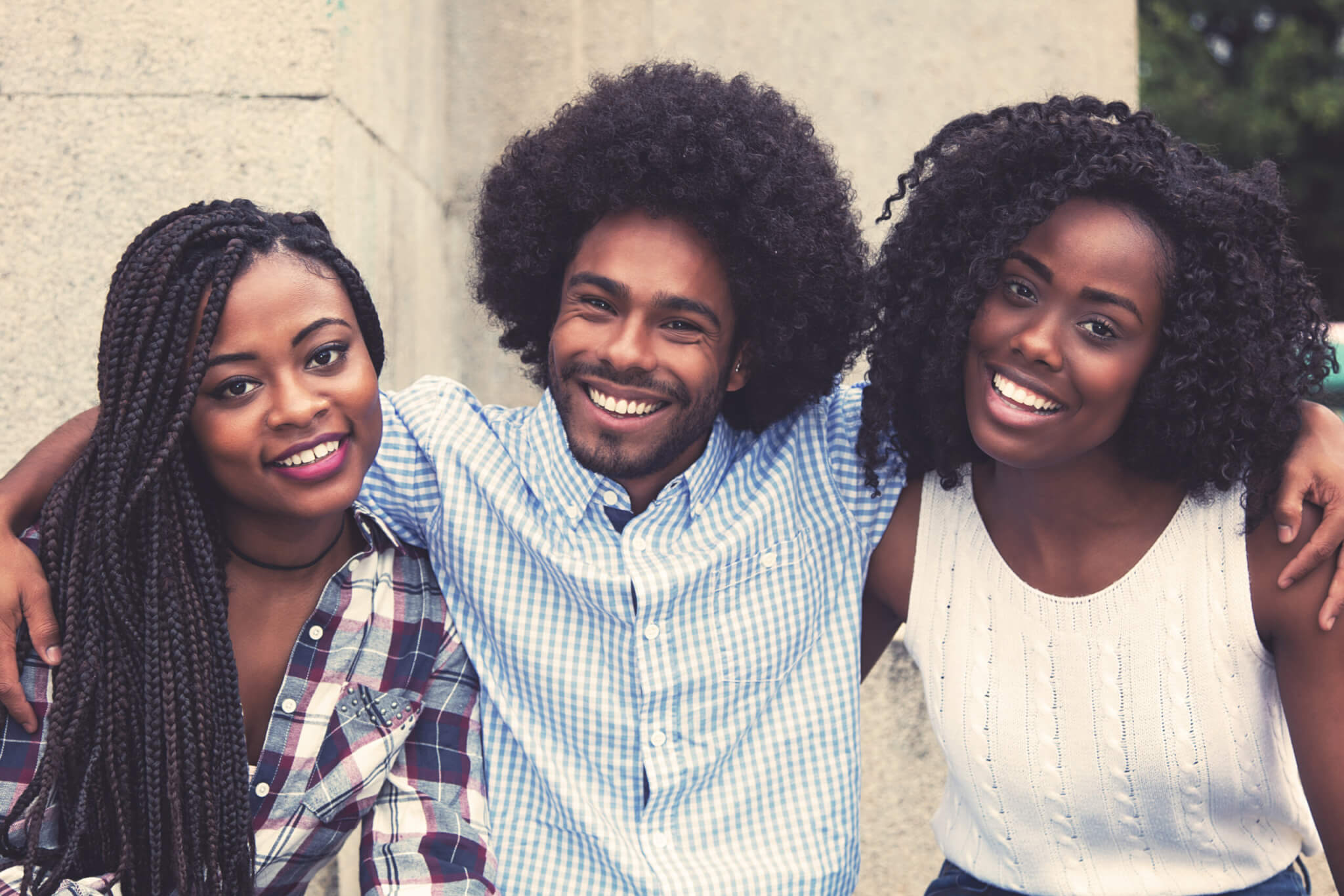
every brand can find reason to celebrate black natural hair
Filed Under: Black / African American, Multicultural
Angela Roberts
Vice President, Administration & Project Support
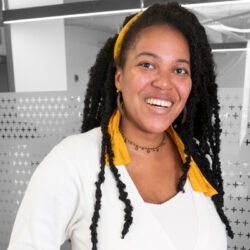
Jhanelle Smith
Project Coordinator, Qualitative Field Services
Black women and men across many industries are showing up as their authentic selves. They’re wearing dreads, braids, afros, cornrows, twists, and sponged hairstyles—to name a few of the styles unique to Black culture. We’ve seen these natural styles sported for quite some time in the professional sports and entertainment industries, especially the music industry. These are places where Blacks could almost always show up as their true selves because those who possess athletic ability or other undeniable talent transcended the biases that could be used to otherwise narrowly define them. When you think about freedom and the specific liberties and privileges afforded to Americans, how a person chooses to wear their hair is seldom part of that consideration set. Until recently, Black hair texture and styles were not a protected freedom, but rather one more weapon used in the war of oppression and judgment.
During Black History Month, C+R’s CultureBeat team conducted a panel discussion with Black consumers where one of the panelists recounted her experience with wearing her natural hair while working in a corporate environment, “…so I’ve been in corporate America for a while and there’s been plenty of times where I have been pulled aside because I like to use colors when I do my braids, or I normally have braids or my fro out, and they’re like, ‘It’s a little bit too loud and wild, can you put your hair up? It’s very festive, urban, and ethnic, but can you’. . .”— Marissa
More recently, we’ve seen an increase in the prevalence of natural hairstyles in settings where we hadn’t seen them as often, like the TV news, in classrooms, in corporate offices, even in the c-suite! This is long overdue! As cultural differences become more widely accepted, in large part thanks to the inclusive behaviors of Millennials and Gen Z, Blacks have become more comfortable with embracing their natural hair. Similarly, non-POC have also become less likely to balk or give the judgmental side-eye when seeing these natural styles. And, their statements have evolved to compliments like, “I love your hair!” and “It’s so cool all of the stuff that you can do with your hair!” Black people are now able to openly celebrate being able to authentically show up as their true selves; more specifically, they’re celebrating the act of Creating a Respectful and Open World for Natural hair—the CROWN Act.
We are now four years removed from the 2019 enactment of the CROWN Act, which prohibits discrimination based on hairstyles and textures. With Minnesota having joined the growing list of states that have enacted the CROWN Act, that brings the total number of states to 20 at the time of this writing—or 40% of the U.S.! Although that number is slowly on the rise, we remain hopeful that those states that have not enacted the CROWN Act will hold themselves to high standards when it comes to embracing and encouraging cultural identity.
With the uptick in members of the Black community showing up in their natural hair, Mintel reports that sales of hair relaxers, which are purchased more often by Black women than any other group, had dropped over 25% between 2010 and 2015. It’s important to note that those lost dollars are now being re-directed to those products that are specifically for natural hair care. Black consumers make up over 85% of the natural and ethnic hair care market. For those Black American women seeking natural hair products, they admit to having difficulty in finding a good variety in mainstream stores. So, they often seek out Black beauty salons and beauty supply stores with culturally significant products. Clearly, there is an opportunity area here due to the enormous market that is shifting toward the care and presentation of naturally, afro-textured hair in contrast to chemically treated, straightened hair that Black women had previously felt pressured to have.
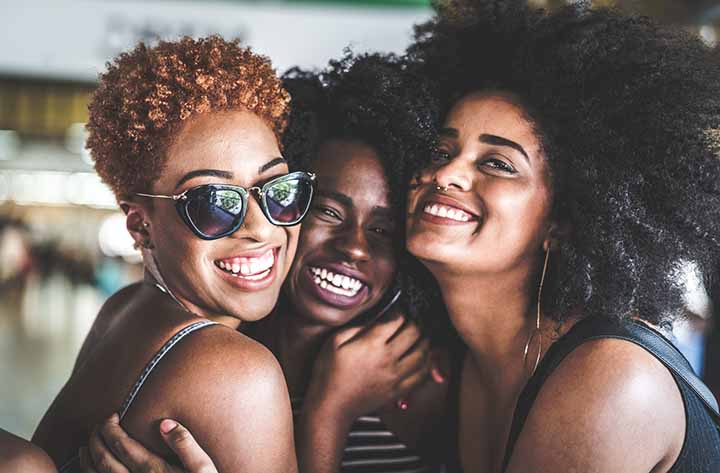
In 2022, Nielsen reported that Black consumers spent $7.42 billion on beauty products, with $2.29 billion of that being for hair care. For Black women, natural beauty is perceived as glamorous, and ethnic or natural hairstyles show up more and more often on the red carpet these days. For Black men, it’s more about personal style, and they explore style options to enhance their personal styles by keeping an eye on the style of men celebrities as well. During our panel discussion, consumers shared that seeing celebrities and other key figures, as well as everyday Black people, wearing their hair naturally or in a protective style was empowering for themselves and for their children. For children, especially, seeing Black people living as their authentic selves in the wider world is critical to forming their own identities and positive perceptions of themselves. One of our respondents shared a story of his child who positively connected with a character in a book, “And one of the things that he says when he sees the book, oh, that person looks like me. Oh, they have curly hair like me, too. And, you know, and so it’s kind of like, yes, you know, like we’re moving in the right direction because our kids are able to notice themselves. Yes.” — Theodore
Being able to show up authentically in the world was brought up again and again in our discussion with Black consumers, and it comes as no surprise that the standard of authenticity extends all the way from themselves to the larger community to brands. The good news is that for brands looking to genuinely connect with members of the Black community, our Culturebeat team is sharing some of the spaces where festivals and celebrations take place around Black culture which, among other things, include celebrating natural hair and Black Beauty in general. These spaces provide a ripe opportunity for brands to introduce or share the products that they feel would be of interest to this cultural group and also provide a means by which to show their support for the Black community. It’s a time and place for brands to connect with the Black community by meeting them in the spaces where they thrive as their true selves. They are great places to start those genuine conversations with the Black community about your brand, as word of mouth is a powerful tool. Your brand successfully connects with this vibrant community when the community feels that you “SEE” them authentically, and the community responds back with “WE SEE YOU, INSERT YOUR BRAND HERE!”
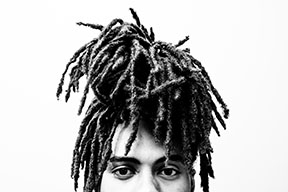
Celebrations around Black culture, including natural hair, are taking place in cities throughout the U.S. Here we name just a few:
- National Crown Day, established by Dove and the CROWN Coalition, was celebrated on July 3rd. In 2023, the celebration launched with the start of the BET Awards on June 25th and spilled over into perhaps the biggest and most well-known annual Black cultural event, the Essence Cultural Festival, where Black beauty is championed among an array of culturally significant music and artistic expressions.
- Curlfest opened its first celebration of natural hair in 2014 in Brooklyn, NY. It took a 3-year hiatus from its annual festival after becoming victim to the COVID-19 pandemic, but was back strong in 2023 thanks to the dedication of its founders, the Curly Girl Collective, who came together in 2011.
- A newer celebration of natural hair is the Knotty-N-Natural Hair Festival which takes place in South Carolina to “bring the community together to celebrate curls, kinks, coils, and hair of all textures.” 2022 marked their first celebration, and 2023 was a success. This festival has become an annual event, and they’re already planning the 2024 fest.
POV
- Have Your Brand Show Up in These Spaces Where the Uniqueness of the Black Community Is Being Celebrated Without Feeling Like Your Brand’s Presence Violates the Space
Although these festivals and celebrations are heavily attended by Black consumers who have a common bond and a personal reason to celebrate, Black consumers are very conscious of brands that support who they authentically are. So, consider sponsoring one or more of these celebrations, and help your brand to stand out from others. Here is a list of festivals and celebrations that you may want to consider. - Determine Where Opportunity Areas May Exist for Your Brand to Connect with the Black Community and Be Open to the Possibility of Partnering with a Black-Owned Business
Although there is a push by Black consumers to “Buy Black,” popular products are often found outside the Black community. Have your R&D team sit down with Black consumers and/or Black professionals in your industry to help develop products that are in high demand but difficult to find in mainstream stores. Conduct research to determine what those products are. Our CultureBeat team can help you with this. One of our respondents had this to say, “You wouldn’t believe…how many of the products that Black women use are not actually [owned/created] by, you know, Black people… [Brands/companies] figured something out that is essential to a community of people…and [created something] that is specifically targeted to them, yet…[brands] don’t have any [Black people] on the board…you don’t have any people in management that look like them. In fact, the majority of major Black hair product retailers are not black-owned.” – (Evelyn) Up to 80% of the Black hair care market in the US is dominated by Korean-American business owners.
In short, as should be the practice with any other consumer group, learn what’s important to the Black community and how your brand might authentically connect with them to foster allyship and to cement their loyalty to your brand. There is much to learn about what is important to this vibrant community. Our CultureBeat team’s panel discussion with Black consumers during Black History Month provided some very helpful insights. We heard directly from them about their desire to live luxuriously, their hope to celebrate and acknowledge Black successes and progress more than one month a year, and about how Black social media presence is shaping activism and awareness in the digital age. While the panel discussion echoed and reiterated a lot of these key ideas and perspectives, it made space for new dialogue on an enduring and integral part of Black culture: hair— but there is so much to learn about this community. Our multicultural experts can help you deeply understand the Black community.
explore featured
Case studies
